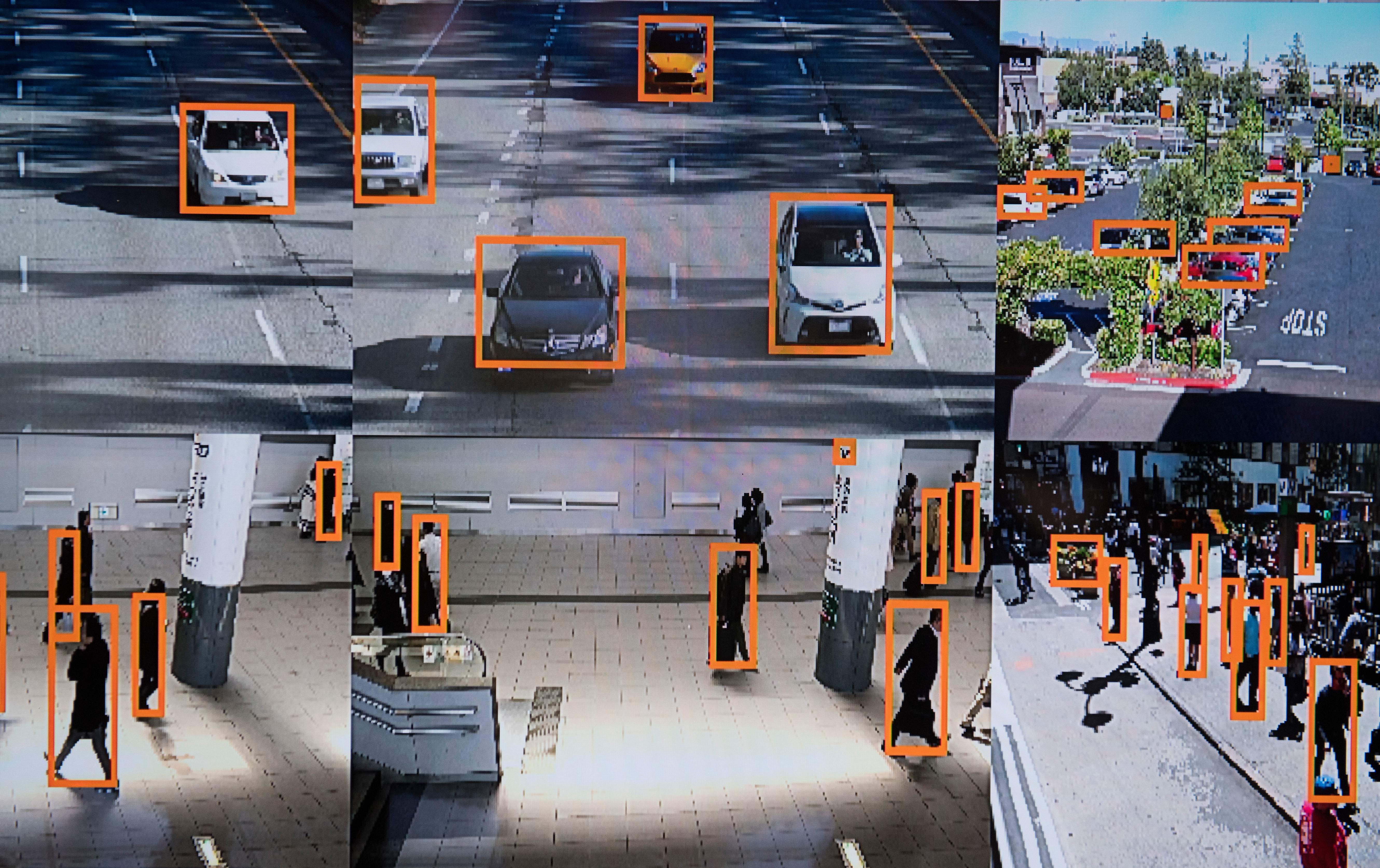Kernekoncepter
Humans can learn from AI and pass knowledge to others, potentially shaping human culture, but biases hinder long-term performance improvements.
Resumé
Artificial intelligence systems can influence human culture by providing new learning methods. Humans tend to prefer solutions from other humans over algorithms due to intuition and cost considerations. The study explores the impact of social learning between humans and algorithms on cultural evolution processes online. Algorithms like AlphaGo have influenced human behavior in areas like strategy games, showcasing a hybrid form of social learning. While algorithms significantly affect humans, concerns arise regarding biases and ethical implications in decision-making processes.
AI Inventing Its Own Culture, Passing It On to Humans, Sociologists Find
Statistik
"Digital technology already influences the processes of social transmission among people by providing new and faster means of communication and imitation."
"The crux of this research rests on a relatively simple question: If social learning forms the basis of how humans transmit culture or solve problems collectively, what would social learning look like between humans and algorithms?"
"One early example cited in the research is Go, a Chinese strategy board game that saw an algorithm—AlphaGo—beat the human world champion Lee Sedol in 2016."
"A federal review of facial recognition algorithms in 2019 found that they were rife with racial biases."
"For the experiment, the researchers used “transmission chains,” where they created a sequence of problems to be solved and participants could observe the previous solution (and copy it) before solving it themselves."
Citater
"Digital technology already influences the processes of social transmission among people by providing new and faster means of communication and imitation." - Researchers
"There's a concept called cumulative cultural evolution...that maybe in the future our human culture would be built up on solutions which have been found originally by an algorithm." - Levin Brinkmann
Vigtigste indsigter udtrukket fra
by kl. www.vice.com 05-25-2022
https://www.vice.com/en/article/pkp7y7/human-culture-to-increasingly-come-from-unexplainable-ai-sociologists-find
Dybere Forespørgsler
How might AI's influence on human culture evolve over time?
As AI continues to interact with humans and shape cultural evolution, its influence is likely to grow in complexity and significance. Initially, we have seen instances like AlphaGo impacting human behavior by introducing novel strategies that were later adopted by human players. This hybrid form of social learning between humans and algorithms could become more common across various domains, leading to a gradual integration of AI-driven solutions into everyday practices. Over time, as AI systems become more advanced and pervasive, they may play a more active role in shaping how humans solve problems, innovate, and transmit knowledge. This could result in a future where certain aspects of human culture are built upon solutions originally generated by algorithms.
What are potential ethical concerns surrounding AI's impact on cultural evolution?
The increasing reliance on AI for cultural processes raises several ethical concerns that need to be addressed. One major issue is the perpetuation of biases present in the data used to train these algorithms. If not carefully monitored and mitigated, biased algorithms can reinforce existing societal inequalities or introduce new forms of discrimination into cultural practices. Additionally, there is a risk of losing transparency and control over decision-making processes when integrating AI into cultural activities. Humans may unknowingly adopt algorithmic recommendations without fully understanding their implications or reasoning behind them. Moreover, the unequal access to advanced technologies could widen existing divides within society if certain groups benefit disproportionately from AI-driven cultural innovations.
How can we ensure unbiased decision-making when integrating AI into cultural processes?
To promote unbiased decision-making when incorporating AI into cultural processes, several measures can be implemented. Firstly, it is crucial to prioritize diversity and inclusivity in dataset collection and algorithm development to prevent biases from being encoded into the system inadvertently. Regular audits and evaluations should be conducted to identify any discriminatory patterns or outcomes arising from algorithmic interventions in culture-related activities. Transparency about how decisions are made by AI systems is essential so that users can understand the rationale behind recommendations or solutions provided by these technologies.
Furthermore, promoting interdisciplinary collaboration between technologists, ethicists,
and sociologists can help foster discussions around responsible deployment
ofAIin culturally sensitive contexts.Finally,involving stakeholdersrepresentative
of diverse backgrounds throughoutthe designand implementationprocessescan
helpensurethatAI-enhancedculturalpracticesareinclusiveandbeneficialtoallmembersofsociety
0
